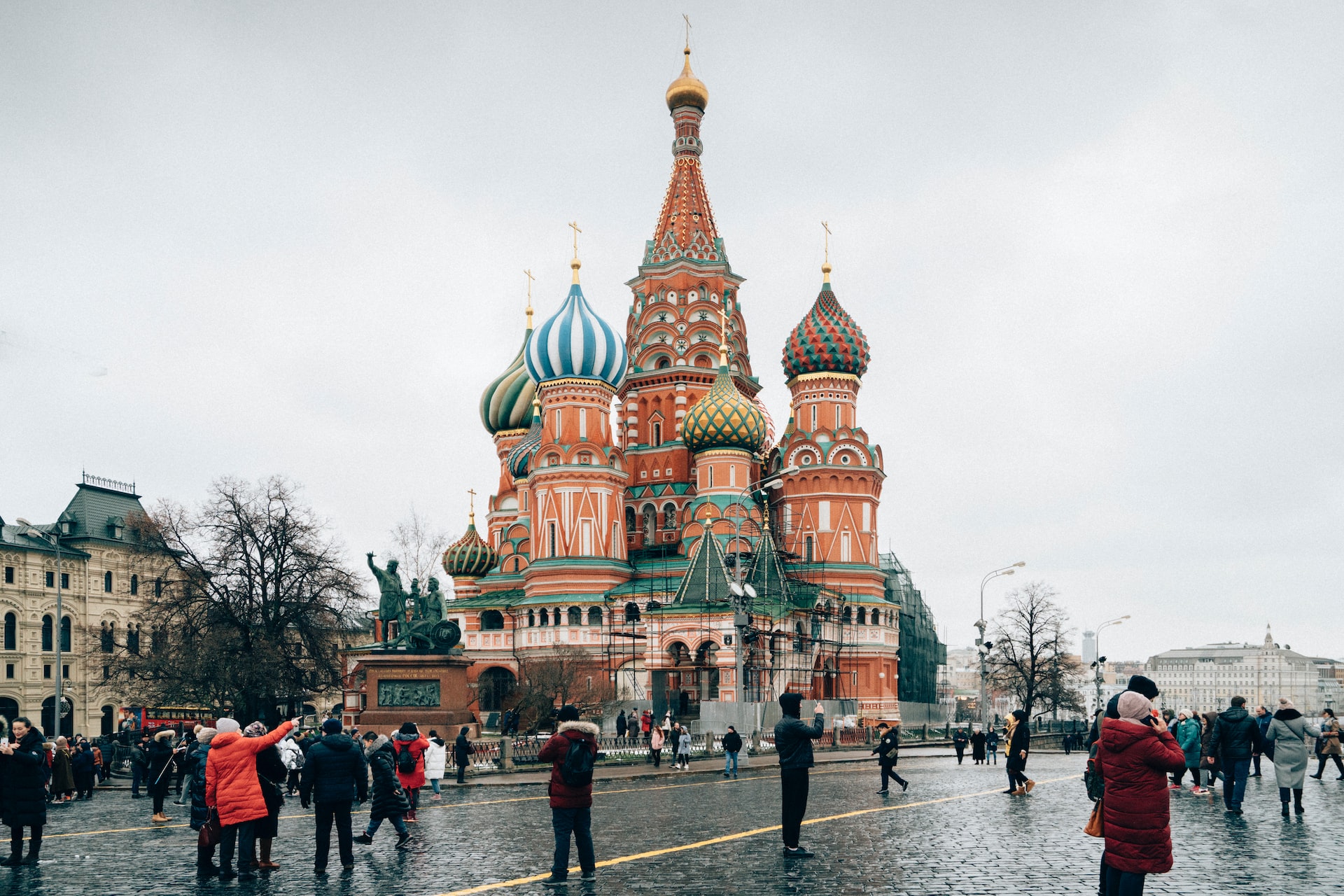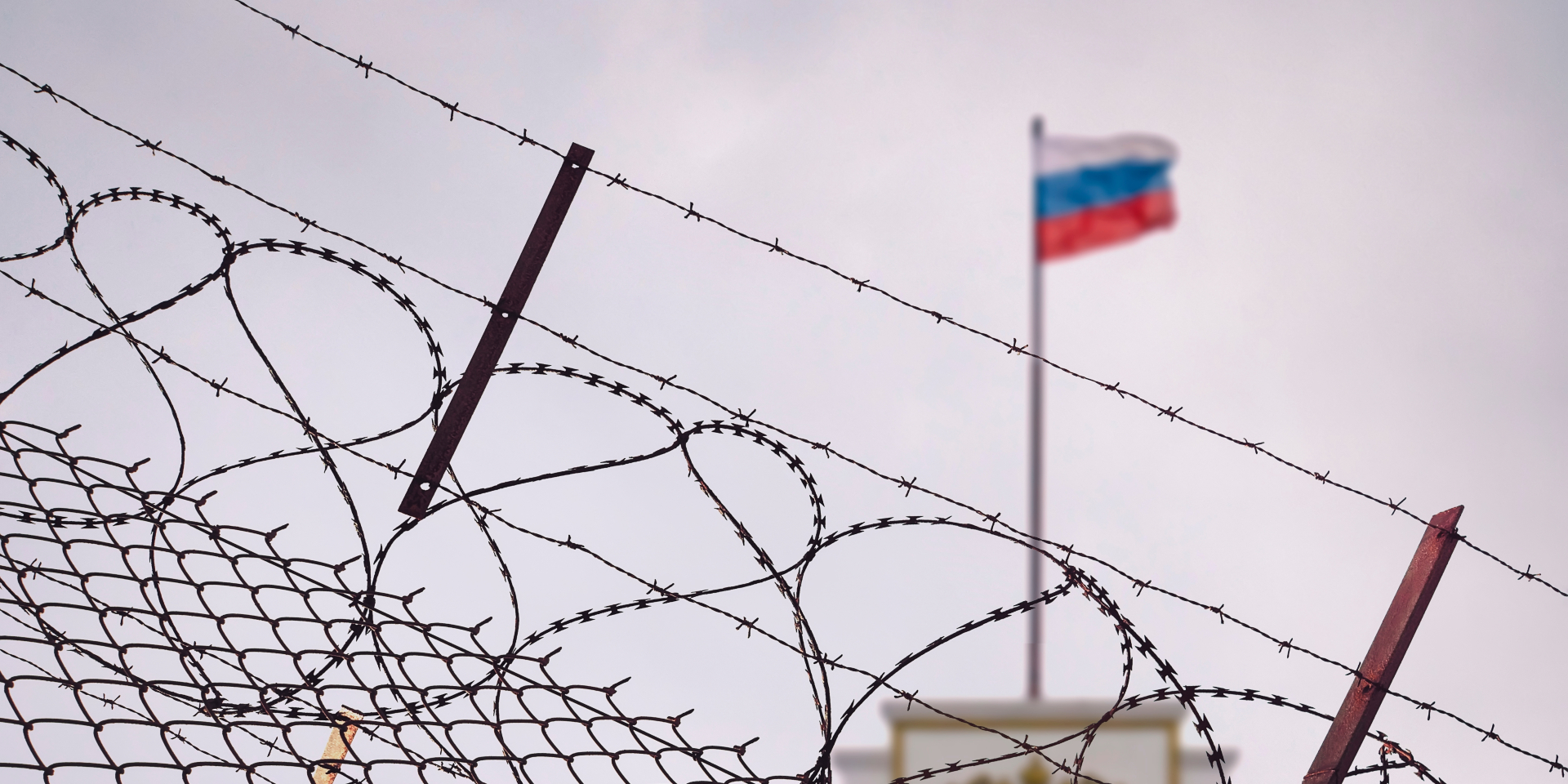This week, the WSJ reported that Latvia is seeking to rebuild its reputation in face of Russia sanctions given prior scandals like Danske Bank and the investigation into the Russian Laundromat. Since the United States and Europe have imposed a slew of economic sanctions on Russia in response to its invasion of Ukraine, the former Soviet Republic faces a new challenge: demonstrating that it can carry out the punitive measures. Several of those countries' firms have long had ties to their eastern neighbor, and the banks that serve them have been grappling with hard concerns about how to negotiate an increasingly complex variety of forbidden transactions in recent weeks.
Banks face a significant risk and Latvia has taken attempts to improve its reputation. Officials state that Latvia has reduced its exposure to Russia and Belarus. Banks in the region have been forced to devote more resources in financial crime prevention as a result of the increased scrutiny. Recent findings showed that within the first two weeks of increased monitoring of Russia-related payments, the bank's compliance department discovered that at least two-thirds of the transactions reviewed would have violated the sanctions imposed on Russia if they had not been stopped. Regulators can levy substantial fines on banks for even one erroneous transaction. Some banks have simply decided to cease most Russia-related business. For example, Swedbank AB, the largest bank in Latvia, stated that it will stop transactions to Russia and Belarus. Other banks have attempted to take a more nuanced approach in order to keep offering services to businesses with Russian or Belarusian suppliers or clients. Rietumu Banka, based in Latvia, has stated that it will continue to process payments, but has advised customers that they may be required to produce additional evidence to the bank's compliance department.
Banks in Latvia and elsewhere have reason to be extra careful when it comes to application of the sanctions. Following the fall of the Soviet Union, Latvia set out to become a financial hub for the region, rapidly attracting money from wealthy Russians who regarded Latvia as a transit route to the West. It remains to be seen whether these measures adequately prepared Latvia and its neighbors for the current crisis. Although Nordic and Baltic banks have dealt with Russian sanctions since Russia's invasion of Ukraine's Crimea area in 2014, analysts say the most recent measures imposed by the US and Europe are significantly more severe, posing an unprecedented compliance challenge for the region underscoring the need for hyper-vigilance when it comes to compliance.

This week, the United States and its allies launched the Russian Elites, Proxies, and Oligarchs (REPO) multilateral task force, which will “collect...

This month, a new study from the Yale School of Management, which has been monitoring approximately 1,300 companies that do business in Russia, found...

Vladimir Putin's recent deadly aggression against Ukraine has put pressure on the international community to decide what measures can be taken to...
